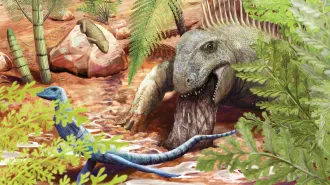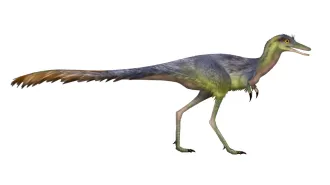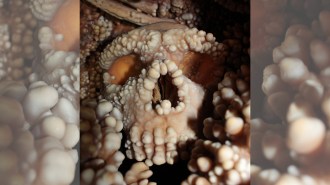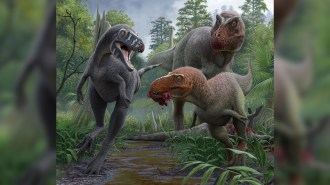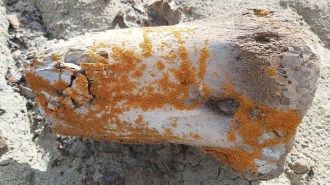Dino domination was in the cards, maybe
Research suggests that in their early history, dinosaurs were in many ways less successful than their closest relative.
Early dinosaurs got lucky — twice. That’s what led to the age of the dinosaurs, suggests a new study in the Sept. 12 Science.
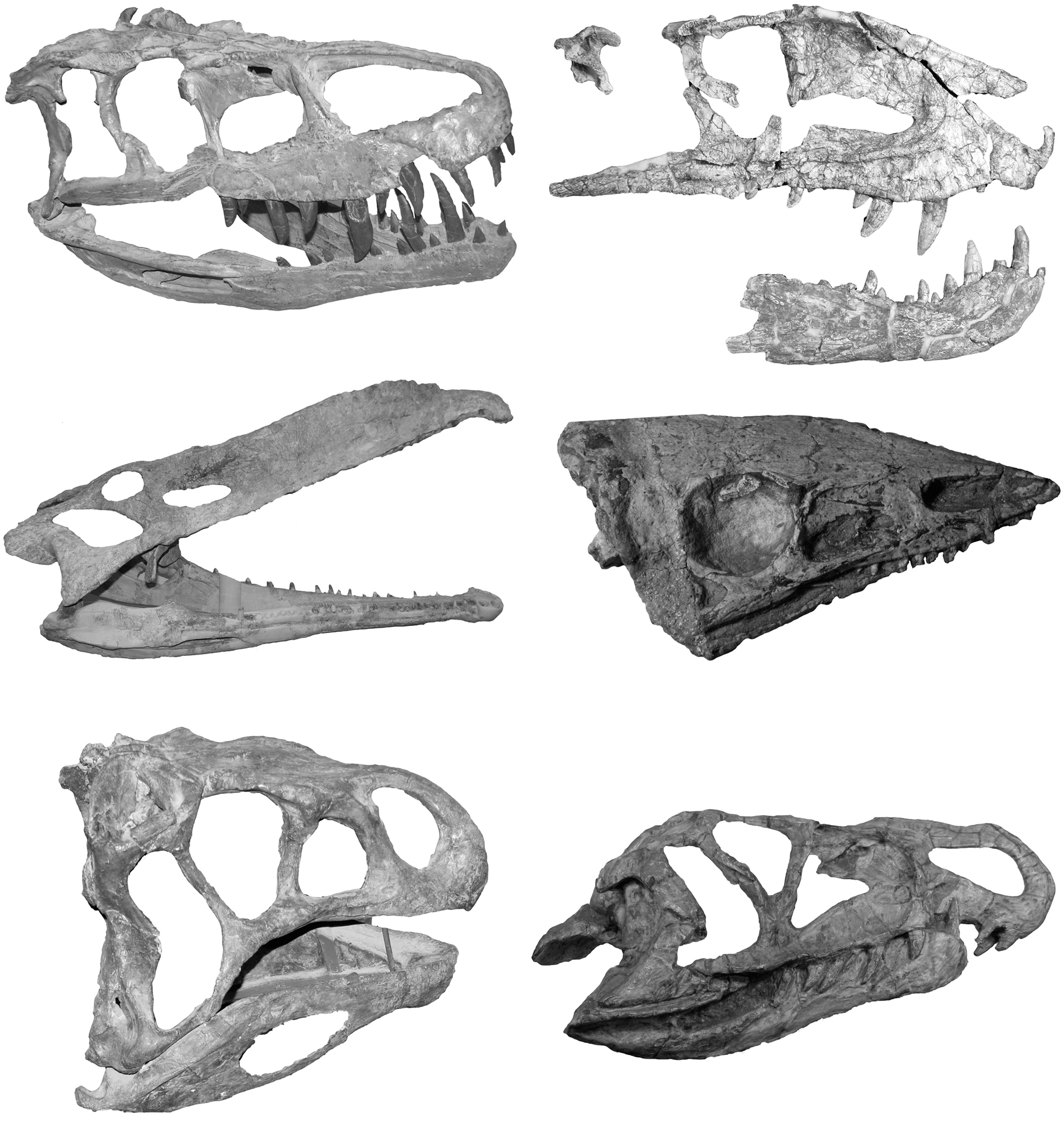
Scientists have long hypothesized that early dinosaurs were somehow superior to or outcompeted their closest competitors in order to take over Earth.
But little quantitative evidence exists to support that idea, says lead author of the new study, Stephen Brusatte, who is now a ColumbiaUniversity postdoctoral researcher affiliated with the AmericanMuseum of Natural History in New York.
To determine if early dinosaurs might have had superior physical traits, Brusatte and colleagues from the University of Bristol in England analyzed 437 skeletal features from fossils of 64 species of dinosaurs and their competitors, the crurotarsans, which are the ancestors of modern crocodiles.
The study is the first to quantify the abundance and diversity of crurotarsans that coexisted with early dinosaurs during the Late Triassic, between 230 million and 200 million years ago. Some crurotarsans looked quite similar to early dinosaurs, and the two groups even shared many of the same ecological niches.
But the new data show that crurotarsans were more diverse in body types and diets. Also, in many places, crurotarsans outnumbered early dinosaurs. This combination “makes you question why the dinosaurs took over at all,” comments paleontologist Thomas Holtz of the University of Maryland in College Park.
“If we were standing in New Mexico 210 million years ago and had to bet on what animals would dominate the world for the next hundred million years, any good gambler wouldn’t have put his money on the dinosaurs,” Brusatte says.
“Dinosaurs really weren’t doing anything ‘better’ than the crurotarsans for the 30 million years they overlapped,” he adds. “And it was only with a very short and very devastating extinction that dinosaurs took over.” It could have been luck that allowed them to survive, he says.
Also, crurotarsans and early dinosaurs seemed to have evolved at roughly the same rate, the study shows.
“That’s an interesting measurement,” comments Randall Irmis of the University of California Museum of Paleontology in Berkeley. If dinosaurs had a competitive advantage, then they should have been diversifying faster than and overtaking, not coevolving with, other groups. But they weren’t, he says.
“We blew that misconception out of the water last year,” notes paleontologist Kevin Padian, also with the museum. Padian and Irmis coauthored a 2007 study in Science countering the idea that dinosaurs became dominant by outcompeting their competitors.
Asserting dinosaurs dominated by luck isn’t scientific, Padian says. It’s true the early dinosaurs survived two extinction events — the second of which might have knocked out most of the crurotarsans, except for a few crocodile-like species, Padian says. But “you can’t measure luck,” he notes.
Some biological or ecological difference must have let the dinosaurs survive while their competitors didn’t, Padian adds. Just because those differences aren’t easy to quantify doesn’t mean they can be dismissed, or explained by chance, he says.
At the same time, Holtz notes, “we live in a world where random stuff happens. As scientists we like to have causes for everything. But, there might be some factor of luck out there that we can’t measure,” he says.


